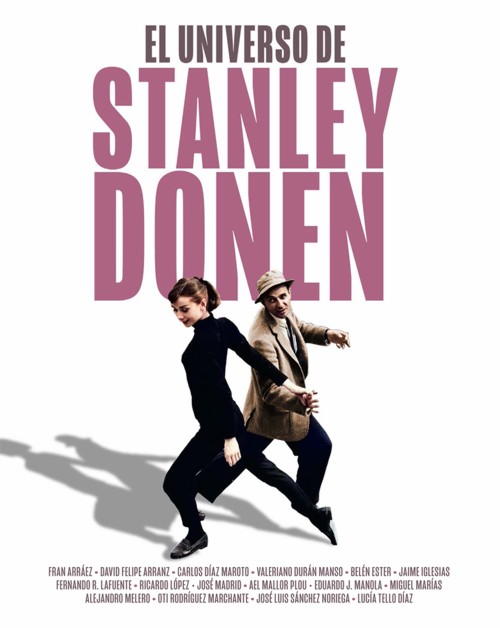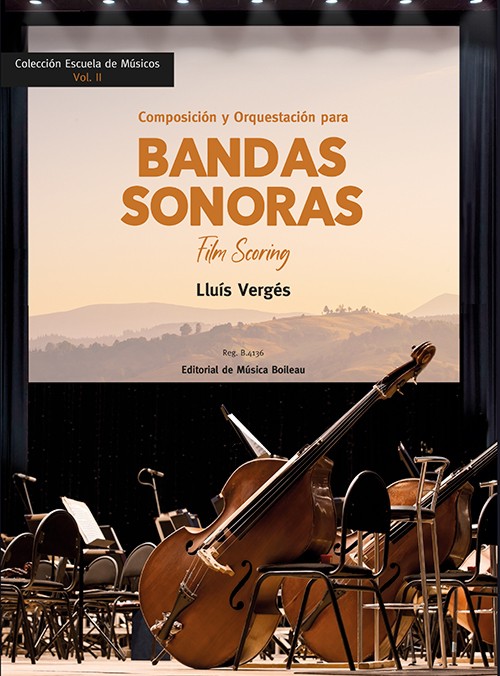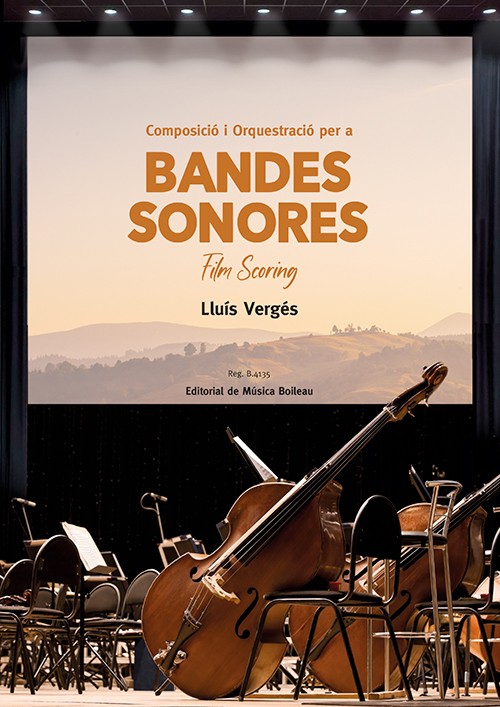
The Best Years of British Film Music, 1936-1958
Swynnoe, Jan G.
Boydell Press. 2002Ficha técnica
- EAN: 9780851158624
- ISBN: 978-0-85115-862-4
- Editorial: Boydell Press
- Fecha de edición: 2002
- Encuadernación: Cartoné con sobrecubierta
- Dimensiones: 23x15
- Idioma: Inglés
- Nº páginas: 264
Bajo pedido
Sin stock. Si se pide hoy, se estima recibir en la librería el 21/01/2026¡GASTOS DE ENVÍO GRATIS!
PVP. 128,10€
Añadir a la Lista de deseos
Jan Swynnoe's study is concerned with the special British contribution to film music, detailing how the idiosyncracies of British film, and of the British character, set it apart from its Hollywood counterpart. She shows how the differences between the two industries in all aspects of film making variously affected composers on both sides of the Atlantic.
In the mid 1930s, when film composers in America were perfecting the formulae of the classical Hollywood score, film music in Britain scarcely existed; within a year or so, however, top British composers were scoring British films. How this transformation was brought about, and how established British concert composers, including Vaughan Williams and Arnold Bax, faced the challenge of the exacting and often bewildering art of scoring for feature film, is vividly described here, and the resulting scores compared with the work of seasoned Hollywood composers. JAN SWYNNOE researched the material on which her book is based over several years, at the same time pursuing her musical life as pianist, percussionist and composer.
The Best Years of British Film Music, 1936-1958
Jan G. Swynnoe Jan Swynnoe's study is concerned with the special British contribution to film music, detailing how the idiosyncracies of British film, and of the British character, set it apart from its Hollywood counterpart. She shows how the differences between the two industries in all aspects of film making variously affected composers on both sides of the Atlantic.
In the mid 1930s, when film composers in America were perfecting the formulae of the classical Hollywood score, film music in Britain scarcely existed; within a year or so, however, top British composers were scoring British films. How this transformation was brought about, and how established British concert composers, including Vaughan Williams and Arnold Bax, faced the challenge of the exacting and often bewildering art of scoring for feature film, is vividly described here, and the resulting scores compared with the work of seasoned Hollywood composers. JAN SWYNNOE researched the material on which her book is based over several years, at the same time pursuing her musical life as pianist, percussionist and composer.
Contents
1 Differences between British and American films: a historical perspective
2 Formulae in the classical Hollywood score
3 A comparison between British and American composers in their approach to film scoring
4 British composers' use of themes for narrative development
5 Arnold Bax's musico-dramatic treatment of Oliver Twist
6 Three other first attempts at feature film scoring: The 49th Parallel, The Halfway House and Blue Scar
7 Dialogue scoring in British films of the 1930s
8 The impact of the Second World War on British films, and developments in dialogue scoring in the 1940s
9 A look at some British films scored by foreign composers
10 The decline of British cinema in the 1950s, and the consequences for British film scores
11 Appendix A: The author in conversation with Roy Douglas, 4.8.1993
12 Appendix B: 'The True Story of The Warsaw Concerto', by Roy Douglas
13 Appendix C: Interview with Doreen Carwithen, 2.7.1997





